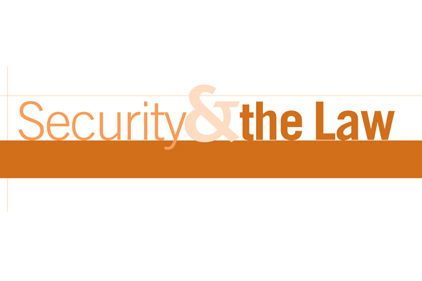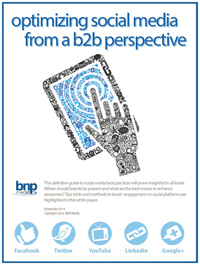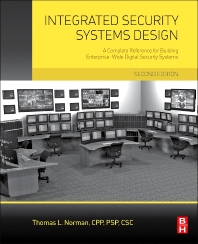In a case before the Court of Appeals of the state of Florida, the court sustained the ruling of the Circuit Court that granted a summary judgment in favor of the security company resulting from an action against it for breach of express warranty and fraud arising out of a fire loss to a customer’s home.
The customer claimed that they met with the representative of the security company who represented that they would never lose their house to a fire with the alarm and fire detection system. The parties entered into an agreement. The agreement contained various written representations and disclaimers of warranties and liability, which would later become the focus of the case.
Later, the house caught fire after being struck by lightning. The security system failed to transmit a fire alarm signal and the house burned to the ground. The insurance company insured the house and its contents and covered the fire losses under the provisions of the policy. Pursuant to the subrogation clause in the policy, the insurance company brought an action against the security company, alleging claims for a breach of express warranty, breach of implied warranty of fitness, breach of implied warranty of merchantability, fraud in the inducement and deceptive trade practices under the Florida statues.
The lower court held that the home owners could not claim that they justifiably relied on oral representations of the security company representative when the terms of the subsequent written agreement expressly and conspicuously contradicted the oral statements. Therefore, the court held that the fraud in the inducement claim failed. The court further found that the disclaimer in the agreement fully complied with the law.
On appeal, the court indicated that as a general rule, summary judgment is not appropriate to resolve a fraud claim under Florida law. The essential elements to establish a claim for fraudulent inducement are (1) a false statement of material fact; (2) the maker of the false statement knew or should have known of the falsity of the statement; (3) the maker intended that the false statement induce another’s reliance; and (4) the other party justifiably relied on the false statement to its detriment. The central issue was whether or not the plaintiffs could have justifiably relied on the statements of the alarm company’s representative. The court pointed out that subsequent to the alleged misrepresentations by the security company’s representative, the plaintiffs and defendants entered into the agreement that contained the following language in bold type, above the plaintiffs’ signature:
“CUSTOMER STATES THAT, BEFORE SIGNING THIS AGREEMENT, HE/SHE HAS READ BOTH SIDES OF THIS AGREEMENT AND UNDERSTANDS ALL TERMS AND CONDITIONS OF BOTH THIS AND THE REVERSE SIDE OF THIS AGREEMENT, PARTICULAR, PARAGRAPH 1, LIMITED WARRANTY, AND PARAGRAPH 7, LIMIT OF LIABILITY.”
The court then went on to quote additional language where the customer acknowledged that he/she was aware that no alarm system can guarantee prevention or loss, that human error on the part of the alarm company or the municipal authority is always possible, and that signals may not be received if the transmission mode is cut, interfered with or otherwise damaged; that this agreement constitutes the entire agreement between the customer and alarm company; and that the customer agreed that any representation, promise, condition or inducement or warranty, express or implied, not included in writing in this agreement shall not be binding upon any party.
The court agreed with the trial court that the plaintiffs could not claim that they justifiably relied on oral representations when the terms of the written agreement contradict the oral statements. Therefore the court affirmed the ruling for summary judgment by the lower court.
| Readers Ask |
|
Q: Can I use contracts that are electronically signed for my security business? To ask Les Gold a question, e-mail sdm@bnpmedia.com. |






